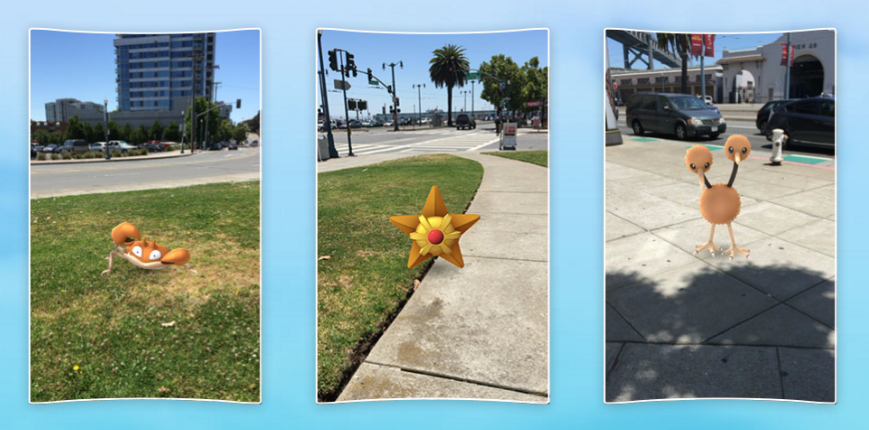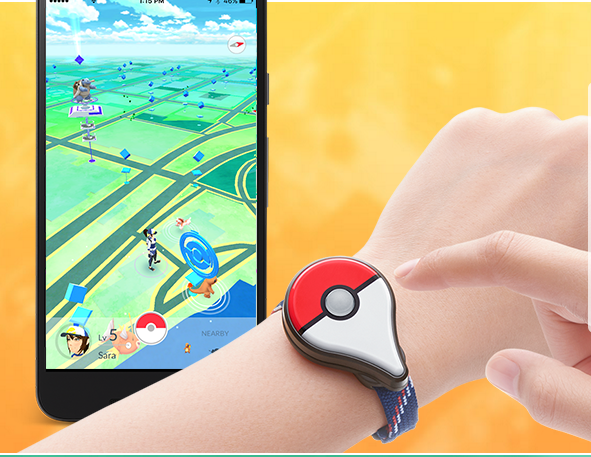Investors Realize Nintendo Doesn't Own Pokemon, Stock Prices Plummet
Three days ago, Nintendo held a special investor meeting to discuss the financial ramifications of the recent Pokémon Go phenomenon. During the meeting, Nintendo clarified that it does not own a controlling interest of The Pokémon Company. Nintendo's stock price has dropped significantly since it revealed this fact.
Although Nintendo doesn’t own The Pokémon Company, it does own a portion of the company and holds 32 percent voting power. The revelation means that Nintendo does benefit from the success of The Pokémon Company, but neither company is directly responsible for Pokémon Go.
Niantic actually produced Pokémon Go after it licensed the Pokémon IP. The Pokémon Company will receive the licensing fee in addition to some compensation for help developing and operating Pokémon Go, but the overall financial impact on the company will be rather limited.
Immediately following the release of Pokémon Go, Nintendo’s stock prices shot up, jumping from roughly 14,490 JPY ($141 USD) to 20,260 JPY ($197 USD) in just a few days. Stock prices peaked at 31,770 ($300.21 USD) on July 19 and then settled at 28,220 JPY ($266.67 USD) until the investors meeting on July 22. Since then, stock prices have fallen to 23,220 JPY ($219.42 USD).
Overall, Nintendo’s stock price is still elevated compared to its typical cost before the launch of Pokémon Go, but it may continue to drop over the next several days.
There are plans for The Pokémon Company to produce new products, such as the Pokémon Go Plus wristband, to help capitalize on the success of the game, which should further increase the company’s profits from Pokémon Go. The Pokémon Go Plus wristband connects to your smartphone and notifies you when a Pokémon is nearby so that you don’t need to keep your eyes locked on your smartphone.
The release of Pokémon Go Plus and other Pokémon Go accessories will benefit The Pokémon Company more than Nintendo itself, but it may have significant financial effects on Nintendo as well.
Get Tom's Hardware's best news and in-depth reviews, straight to your inbox.
-
turkey3_scratch I wonder if Gamefreak also gets money from Pokemon Go, as they have extremely close ties to the company, having produced nearly every Pokemon game aside from the console ones since the 90s.Reply -
turkey3_scratch I guess if Gamefreak owned a share in the Pokemon Company they would, just like Nintendo does. But I was thinking that Nitantic might have used Game Freak for the 3D designs of the Pokemon.Reply -
why_wolf again probably not. I met a guy a few years back who works on the digital card game for Pokemon. According to him the whole company has this deep seated silo mentality and different teams will refuse to help each other (share art assets) even if it would better for the company over all.Reply -
ComputerSecurityGuy You might want to note that the Tokyo exchange limits how fast a stock may drop.Reply -
alextheblue Interesting, I always thought Nintendo had a controlling stake of The Pokémon Company. Anyway, Nintendo's stock price will probably slide a bit further in the coming months.Reply -
techy1966 LMAO Now of we could raise peoples IQ's maybe less of them would play this stupid game and Niantic stock price would drop so maybe next time they make a game with a little more thought put into it. Yes I tried this game got bored after 3 minutes actual playing time was 1.5 minutes the rest was loading screens..lolReply -
IInuyasha74 Reply18333056 said:Interesting, I always thought Nintendo had a controlling stake of The Pokémon Company. Anyway, Nintendo's stock price will probably slide a bit further in the coming months.
A common misconception. The two companies work so closely together, though, which makes it an extremely easy one to make. I thought Nintendo owned them as well for a long time. I just found out they didn't a year ago or so when I did another piece related to Pokemon and Nintendo and needed to know more details on their relationship. -
Bloob To my understanding Nintendo still owns the rights to the Pokemon IP, even when The Pokemon Company is set to handle all things pokemon. No idea how it all works.Reply -
aldaia Honestly, I'm not worried about players IQ, after all, people play to relax.Reply
What really worries me is the IQ of investors. Nintendo shares doubled its value in a few days. Which means company value increased by about $300 billion. Did investors really expect (even assuming total ownership of pokemon go) a $300 billion impact just from a single game?
18333218 said:LMAO Now of we could raise peoples IQ's maybe less of them would play this stupid game and Niantic stock price would drop so maybe next time they make a game with a little more thought put into it. Yes I tried this game got bored after 3 minutes actual playing time was 1.5 minutes the rest was loading screens..lol


